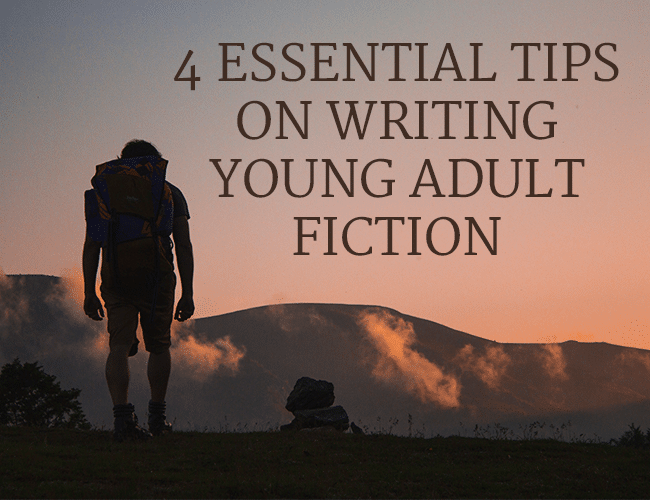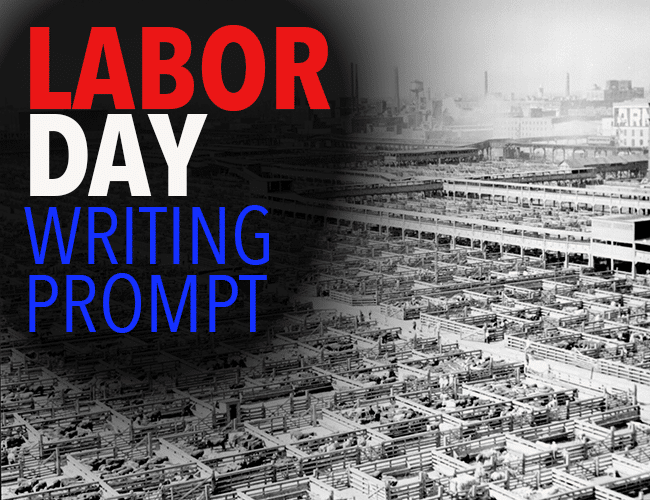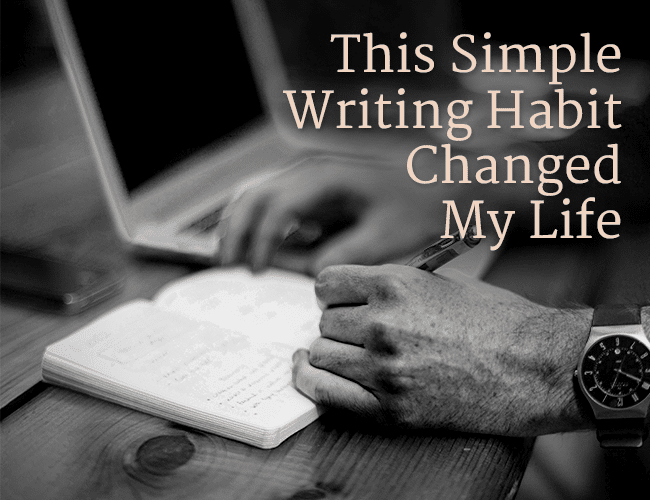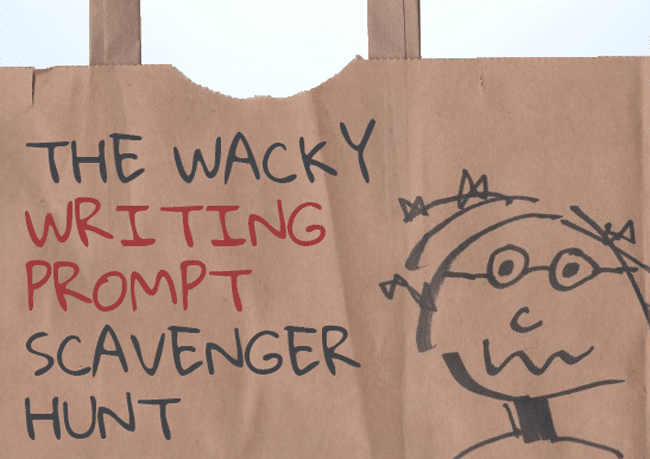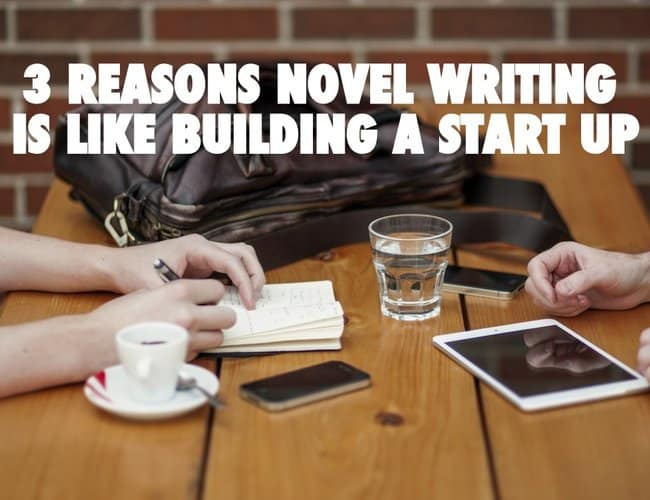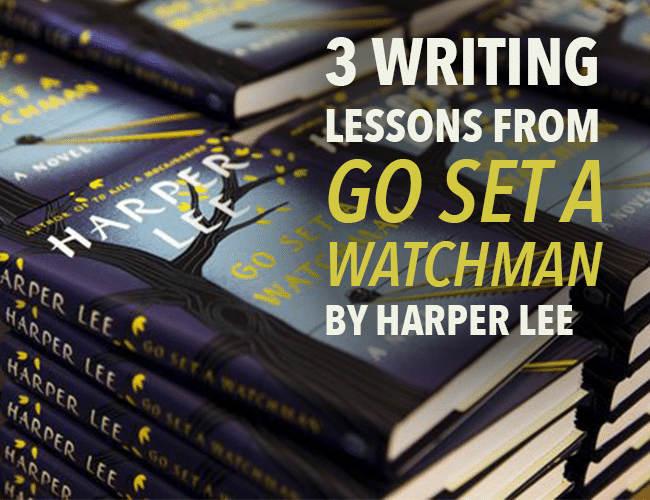Young Adult fiction, or YA, is one of the most vibrant, fun, emotionally engaging genres out there.
Young Adult explores topics many genres won’t touch; it joins on the journey of personal growth and Bildungsroman (read: “coming of age”) that we all struggle through. It doesn’t hurt that it also sells like hotcakes, movie deals included.
Do you want to write Young Adult fiction? Well, there is no magic formula, but that’s the bad news. The good news is I’m going to share four effective tips on writing Young Adult fiction to make your story more successful and relatable.
